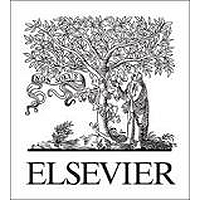Background: Single site studies in male Veterans in the U.S. reported increased detection of presumptive cancer precursors (adenomas, hyperplastic polyps) in the proximal colon (cecum-splenic flexure) by water exchange.Aims: Assess the reproducibility of the observation.Methods: Analysis of secondary outcomes collected prospectively in 3 similarly designed randomized controlled trials using water exchange, water immersion and insufflation (air or carbon dioxide). Main outcome: detection rates of adenomas and hyperplastic polyps in proximal, transverse and right colon (cecum-ascending).Results: 704 males (173 screening) were evaluated. In the proximal colon, WE showed increased detection of small adenomas (p = 0.009) and adenomas plus hyperplastic polyps (p = 0.015) (vs insufflation); increased detection of adenomas plus hyperplastic polyps of any size (p = 0.045) and of small size (p = 0.04) (vs water immersion). In the right colon water exchange increased detection of small adenomas (19% vs 12.1%, p = 0.04) (vs insufflation); small adenomas (19% vs 12%, p = 0.038), adenomas plus hyperplastic polyps of any size (25% vs 16.7%, p = 0.028) and of small size (23.7% vs 14.6%, p = 0.012) (vs water immersion). Water exchange significantly improved bowel cleanliness. Sedation had no impact on lesion detection.Conclusions: Water exchange is a superior insertion technique for detection of adenomas and hyperplastic polyps primarily in the right colon, especially those of small size. (C) 2016 Editrice Gastroenterologica Italiana S.r.l. Published by Elsevier Ltd. All rights reserved.

Insertion water exchange increases right colon adenoma and hyperplastic polyp detection rates during withdrawal
Review badges
0 pre-pub reviews
0 post-pub reviews


